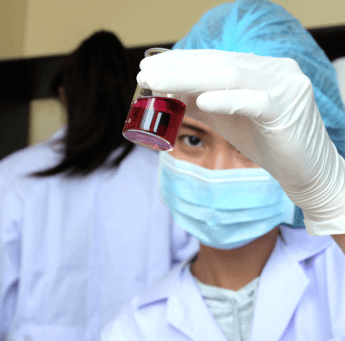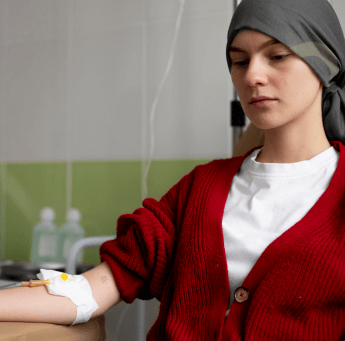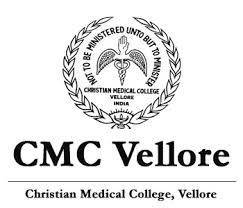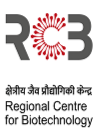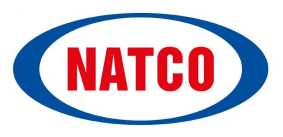Cellogen Therapeutics
Designing the Cells of the Next Generation to Redefine Healthcare
Cellogen therapeutics is developing next generation CAR T-cells and gene manipulation techniques to treat cancers and blood disorders
Patient-Centric
We are developing patient-friendly, long-lasting cures. Early results from laboratory experiments (in vitro) are promising, and we will soon begin our clinical trials. Read more to learn about our treatments…
Indigenous Research
We are focused on developing innovative indigenous products to significantly reduce treatment costs by up to 90%, ensuring affordability and accessibility.
How We Help
We have simplified our work for you. Read on to discover how our researchers are working to find solutions to some of the most difficult medical conditions.




